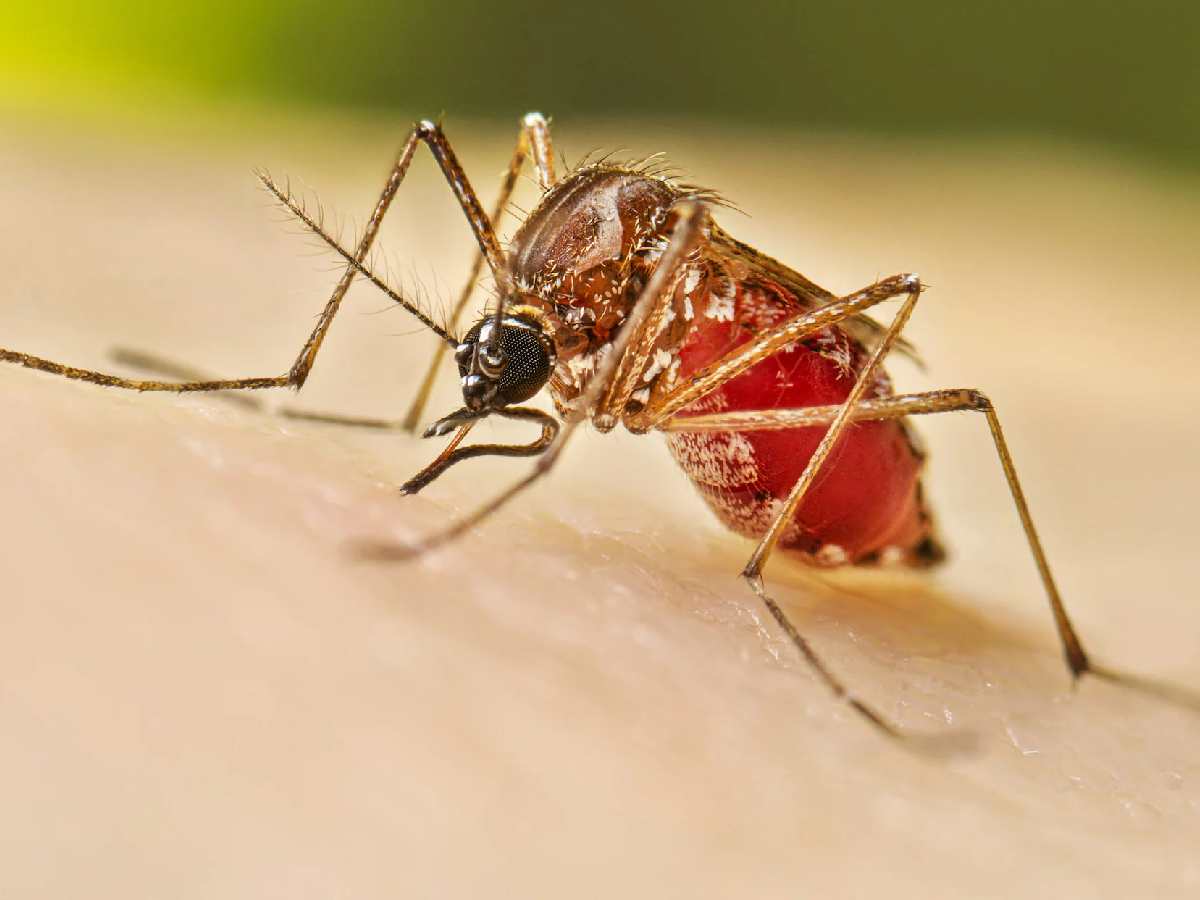
Delhi is grappling with a significant increase in dengue cases this season, with over 675 reported and hospitals overwhelmed with patients. The relentless monsoon rains have created perfect conditions for mosquito breeding, exacerbating the spread of dengue and other vector-borne diseases like dengue, malaria, and chikungunya.
With two reported deaths and hospitals admitting dozens of patients daily, it’s crucial to take preventive steps at home. Dengue is transmitted by the Aedes mosquito, which thrives in stagnant water. These mosquitoes are most active during the early morning and evening hours. Fortunately, simple precautions can significantly reduce the risk of mosquito breeding and protect you and your family from falling victim to dengue.
CHECK MOSQUITO BREEDING
Eliminate standing water: Mosquitoes breed in stagnant water, so it’s essential to ensure there is no standing water inside or around your home. Regularly inspect areas like water coolers, flower pots, and buckets where water tends to collect. Empty and clean them at least once a week.
Keep drains clear: Stagnant water in clogged drains or gutters can serve as a breeding ground for mosquitoes. Ensure that drains are cleaned regularly, and if you notice any open or blocked drains around your neighbourhood, report them to the municipal authorities immediately.
Cover water containers: If you store water in containers for household use, make sure they are tightly covered. Open or uncovered water containers can become breeding spots for mosquitoes, which can lay eggs in the smallest amounts of water.
Use mosquito repellents: Apply mosquito repellent, especially during peak activity times. At home, use mosquito nets or screens on doors and windows to keep mosquitoes from entering. This is particularly important during the monsoon season when mosquitoes are most active.
Maintain plants: If you have plants at home, ensure that the water in trays under pots is drained regularly. Water collected in plant trays, especially after rain, can serve as a prime location for mosquito larvae to grow.
Change water in decorative fountains: If you have any water features or bird baths at home, ensure that the water is changed every few days to prevent mosquito breeding.
AVOID THESE MISTAKES
Don’t ignore wet areas: Areas like bathrooms, kitchens, and laundry rooms can have damp floors or wet corners. Make sure to wipe these areas dry to avoid creating small breeding grounds for mosquitoes.
Don’t let waste accumulate: Old tires, empty containers, broken appliances, and other junk in your backyard or terrace can collect water after rainfall. Dispose of these items or store them in a way that prevents water accumulation.
Avoid strong perfumes and scents: Mosquitoes are attracted to strong fragrances, so avoid using heavily scented products like perfumes or air fresheners, especially when outdoors.
Don’t leave windows open without screens: Keeping windows open without protective screens can allow mosquitoes to enter your home easily. Always ensure that windows are properly screened or closed during peak mosquito hours.
ADDITIONAL TIPS
Wear protective clothing: When going outdoors, especially during early mornings or late evenings, wear long-sleeved shirts, pants, and socks to cover as much skin as possible. Light-coloured clothing is preferable, as mosquitoes are less attracted to it.
Also Read: Early diagnosis essential to treat Septicaemia in neonates: expert
Be aware of symptoms: If you or a family member develops symptoms such as high fever, severe headache, pain behind the eyes, joint and muscle pain, or a skin rash, seek medical attention immediately. Early detection and proper treatment are crucial for recovery from dengue.
Join community efforts: If you notice mosquito breeding in public areas, report it to local authorities. Participating in community cleanliness drives can also help reduce mosquito breeding in your neighbourhood.
By adhering to these dos and don’ts, you can greatly reduce the risk of dengue in your home. With dengue cases on the rise in Delhi, maintaining a mosquito-free environment is crucial for safeguarding yourself and your family. Prevention begins with straightforward actions at home to stop mosquito breeding and curb the spread of disease.
AQI rises to 208, slipping into ‘poor’ category, according to the Central Pollution Control Board
Dilli 6 – Ishq-e-Dilli at Edesia presents a carefully sequenced journey through familiar flavours from…
Two youth arrested for killing a 55-year-old woman during a robbery in Jyoti Nagar; stolen…
Scheme aims to provide affordable meals to over 1 lakh people daily, with each canteen…
Featuring works by Krishen Khanna and Prabhakar Kolte, the exhibition explores Indian modernism through figurative…
Police are probing the stabbing death of a 36-year-old man found near Sanjay Lake in…